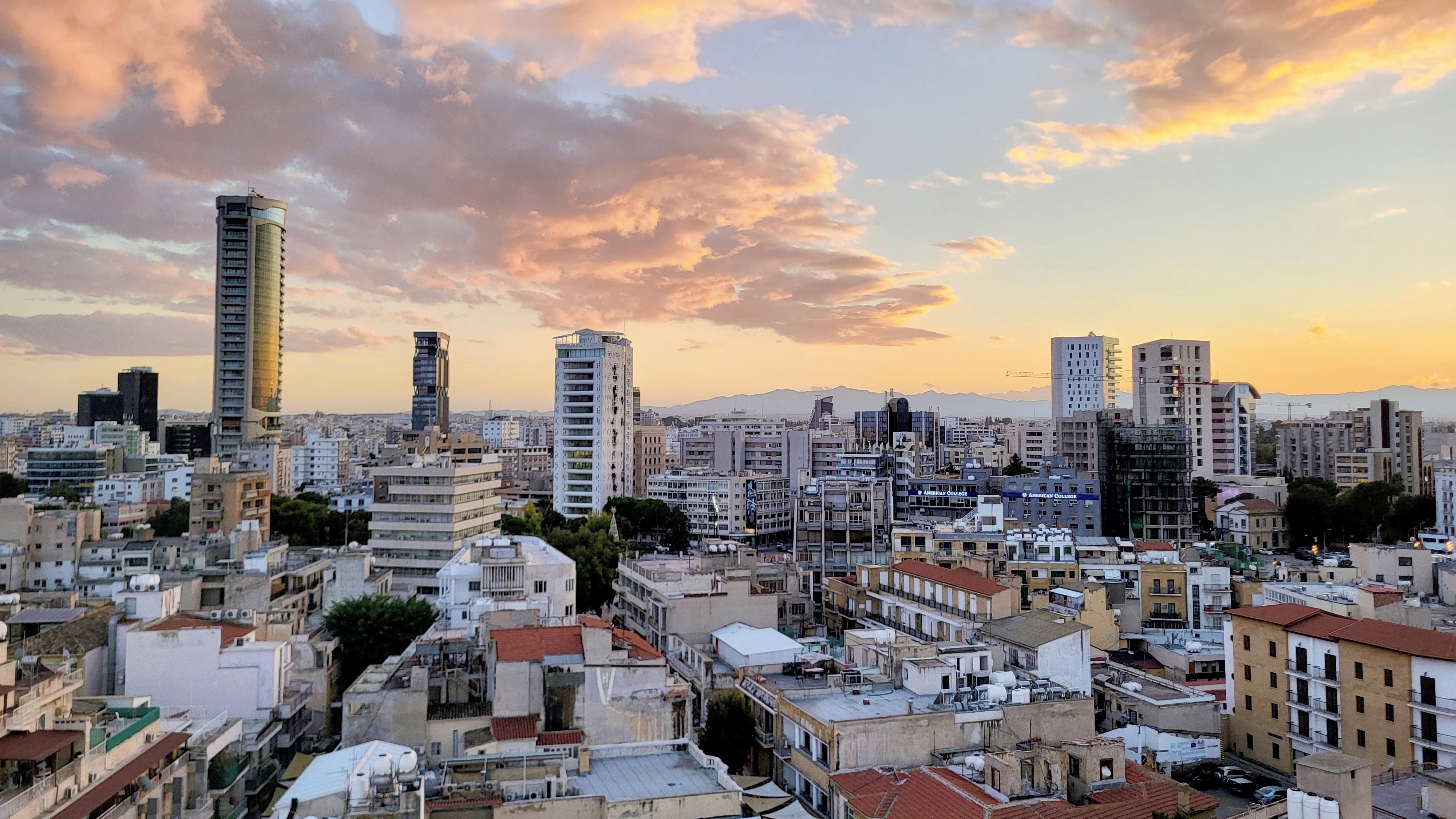Government spokesman Konstantinos Letymbiotis on Tuesday once again insisted that the arrests made by the Republic of Cyprus of people accused of selling Greek Cypriot-owned property in the north are not political in their nature.
“We have said before, and we have mentioned it many times … that the Republic of Cyprus is acting within the framework of the rule of law, and the arrests for the usurpation of property concern the protection of basic human rights,” he told journalists.
“Any attempt to transform criminal offences into a political issue [is] essentially aimed at derailing the essence of the discussion.”
He added that the executive “does not interfere in the judiciary under any circumstances”, insisting that “this is clear, self-evident, and a given in all states governed by the rule of law and in all democracies”.
Then asked whether it would be better for their to be a moratorium on such prosecutions so that they do not “come at the expense of talks on the Cyprus issue”, he said that “impunity for violations of property or human rights cannot be a condition, inside or outside of quotation marks, for talks or for an alleged indication of goodwill”.
He was also asked about the impact of forthcoming Turkish Cypriot leadership elections, which are set to be held in October, and the possibility that Turkish Cypriot leader Ersin Tatar will “delay procedures on the Cyprus issue and not wish to discuss the substance” during the forthcoming enlarged meeting on the Cyprus problem in July.
“It is certainly a parameter which is being taken into account. At the same time, however, as the foreign minister [Constantinos Kombos] said yesterday … we do not believe that there is time to wasted. We are preparing very intensively for the conference in July. We have said before that the holding of this conference allows for a substantive discussion,” he said.
“We are ready, and we are seeking this substantive discussion so that substantial progress can be achieved in the effort to restart negotiations.”
However, not everyone has been convinced by Letymbiotis’ insistence that the arrests are not political.
Turkish Cypriot opposition political party the CTP’s foreign relations secretary Fikri Toros told the Cyprus Mail that Turkish Cypriots have been rendered “anxious, intimidated, and threatened” by the arrests.
“These feelings are reviving previous traumas experienced between 1963 and 1974,” he told the Cyprus Mail, adding that Turkish Cypriots “were left with no choice other than having the use of the properties abandoned by Greek Cypriots in one way or another”.
He added that the arrests are “clearly a political decision taken by the Greek Cypriot administration to inflict inhibition aimed at the impediment of economic development”, something he said will “ultimately lead to a further isolation of Turkish Cypriots, to the point of suffocation”.
He went on to say that the ongoing arrests and court cases have “toxified the political climate on our common homeland”.
President Nikos Christodoulides had last week insisted that the arrests “will certainly not stop, no matter what Tatar says”, adding that “illegality cannot be justified in any way”, but also somewhat distanced himself from the arrests, insisting that “we do not interfere in the judiciary”.
Tatar had described the arrests as “acts of terrorism” and likened the moves to the violence faced by Turkish Cypriots in the 1960s and even refused to meet Christodoulides in response to them.
Two Hungarian nationals were handed prison sentences over the matter last month, with the pair having admitted to promoting and advertising the sale of houses near Kyrenia on the internet.
Meanwhile, the case of a German national who reportedly spoke about selling property in the north to an off-duty police officer during a flight to Larnaca is ongoing, and arrest warrants have been issued for four Turkish nationals in connection with developments in the Famagusta district village of Lefkoniko.






Click here to change your cookie preferences